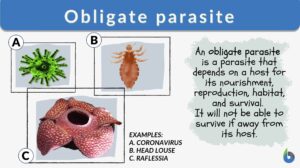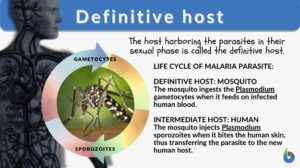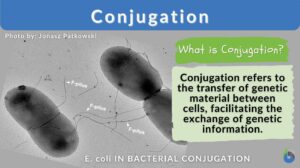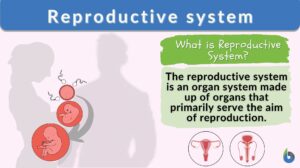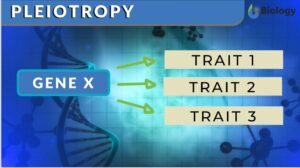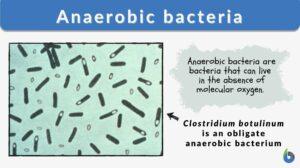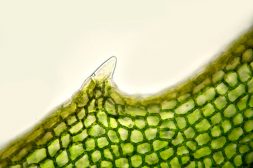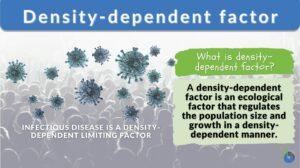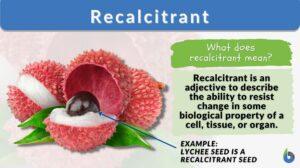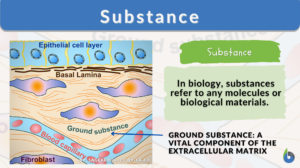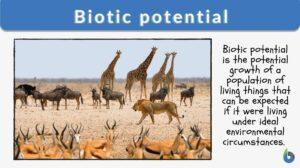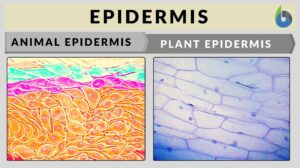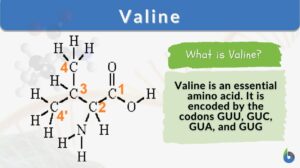Search Results for: direct life cycle
Indirect life cycle
Definition noun A type of parasitic life cycle wherein the parasite is transmitted indirectly from one host to the next,... Read More
Calvin cycle
Calvin Cycle Definition The Calvin cycle, also known as the Calvin Benson cycle or the dark reactions, is a series of... Read More
Direct life cycle
Direct life cycle (Science: epidemiology) a life cycle in which a parasite is transmitted directly from one host to the next... Read More
Obligate parasite
Parasitism is a form of symbiosis that occurs between a parasite and its host. The parasite is the organism that generally... Read More
Definitive host
Different Biological Relationships The biological world is interconnected whether we notice it or not. All the life forms... Read More
Photosynthesis
Photosynthesis is a physio-chemical process carried out by photo-auto-lithotrophs by converting light energy into chemical... Read More
Infective stage
Definition noun (parasitology) The stage in the life cycle of an endoparasite wherein it can initiate infection to its... Read More
Life cycle
Definition noun The whole life history of an organism, usually depicted through a series of developmental stages (e.g. from... Read More
Plant Metabolism
Introduction Plants are responsible for incredible feats of molecular transformation. The processes are always being... Read More
Cellular respiration
Cellular Respiration Definition What is cellular respiration in simple terms? Cellular respiration can be defined simply as... Read More
Reservoir host
Reservoir Host Definition A reservoir host is a host that harbors the pathogen and serves as a source of the infective... Read More
Cell division
Cell division is a biological process by which a parent cell duplicates its cell contents and divides to give rise to two or... Read More
Light-dependent reaction
Many organisms, such as green plants, convert light energy into chemical energy through the mechanism of photosynthesis. In... Read More
The Water Cycle
The water cycle (sometimes referred to as the hydrological cycle) is the continuous transfer of water from air, sea land and... Read More
Conjugation
Conjugation generally means the joining or coming together (union), such as in certain unicellular organisms (some bacteria,... Read More
Reproductive system
What is the Reproductive System? The reproductive system of an organism is the biological system made up of all the... Read More
Pleiotropy
Pleiotropy Definition When one single gene starts affecting multiple traits of living organisms, this phenomenon is known... Read More
Primary productivity
Planet Earth is home to different types of life forms ranging from microscopic bacteria to giant whales and elephants. To... Read More
Eubacteria
Eubacteria are prokaryotic microorganisms consisting of a single cell lacking a nucleus and containing DNA is a single... Read More
Anaerobic bacteria
Bacteria are classified according to the need for oxygen to survive and grow. For example, aerobic bacteria are bacteria... Read More
Plant Meristems and Growth
A common mistake that many people assume is that an increase in size means an increase in growth. This is not the case.... Read More
Water in Plants
The movement of molecules, specifically water and any solutes, is vital to understand in light of plant processes. This will... Read More
Density dependent factor
Density-dependent factors are the limiting factors of an ecosystem that regulate population growth in a density-dependent... Read More
Recalcitrant
Several words of the English language find wide usage in subjects as diverse as literature, science, social science,... Read More
Toxoplasma gondii
Definition noun A parasitic protozoon of the taxonomic family Sarcocystidae that causes toxoplasmosis Supplement Toxoplasma... Read More
Biotic potential
When we look at the different forms of life, we often wonder how they have continued to exist one generation after another.... Read More
Sexual selection
What is Sexual Selection? The definition of sexual selection is very interesting in biological terms. The sexual selection... Read More


